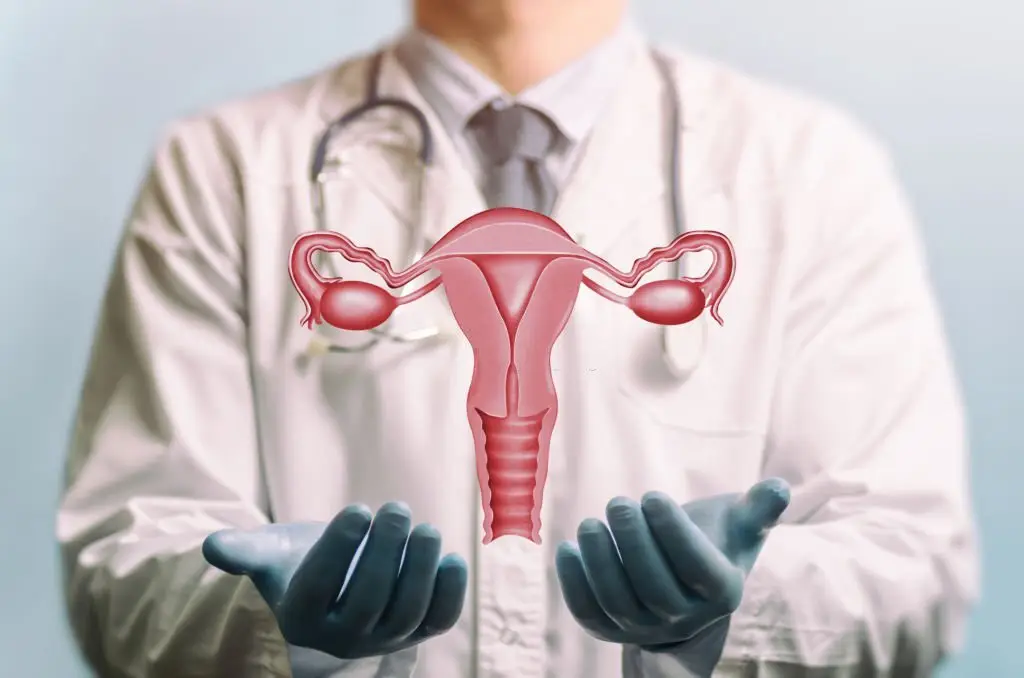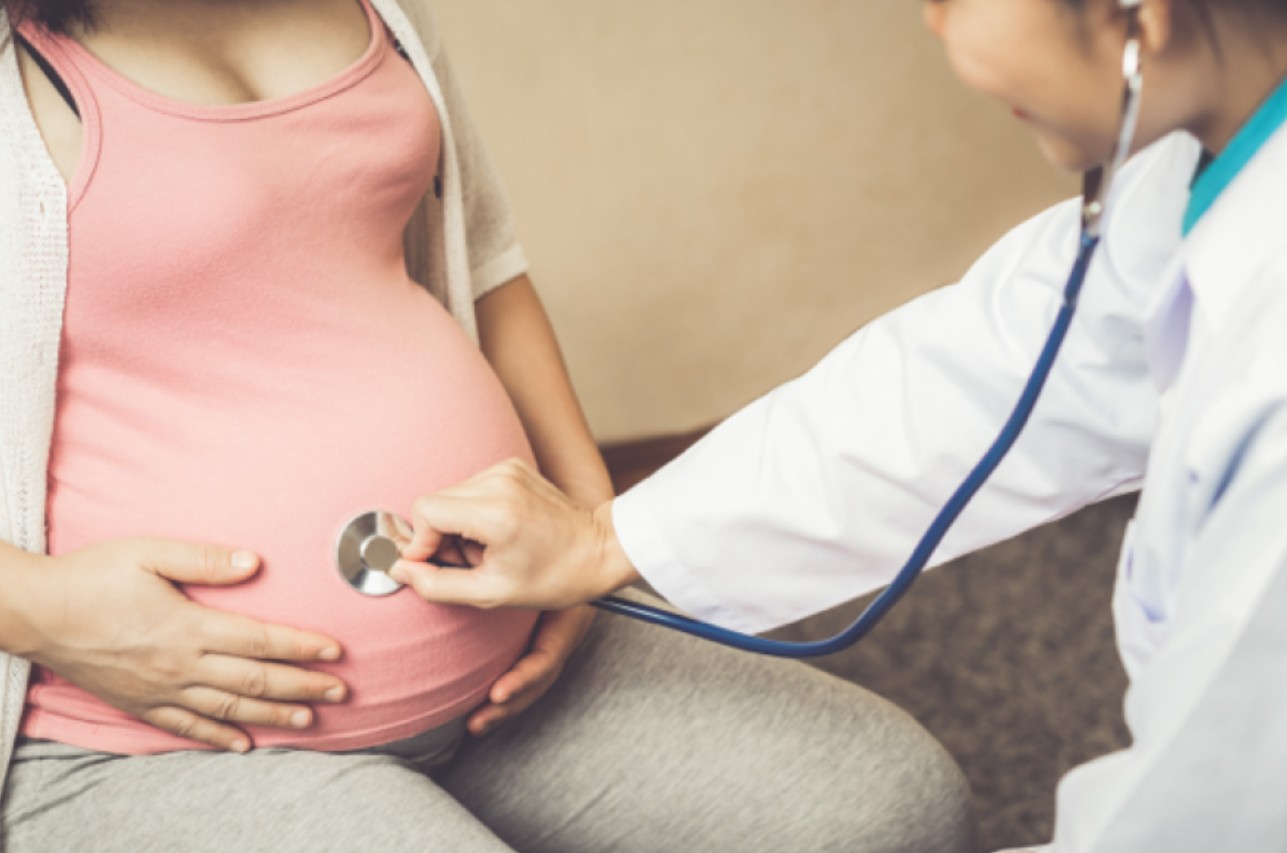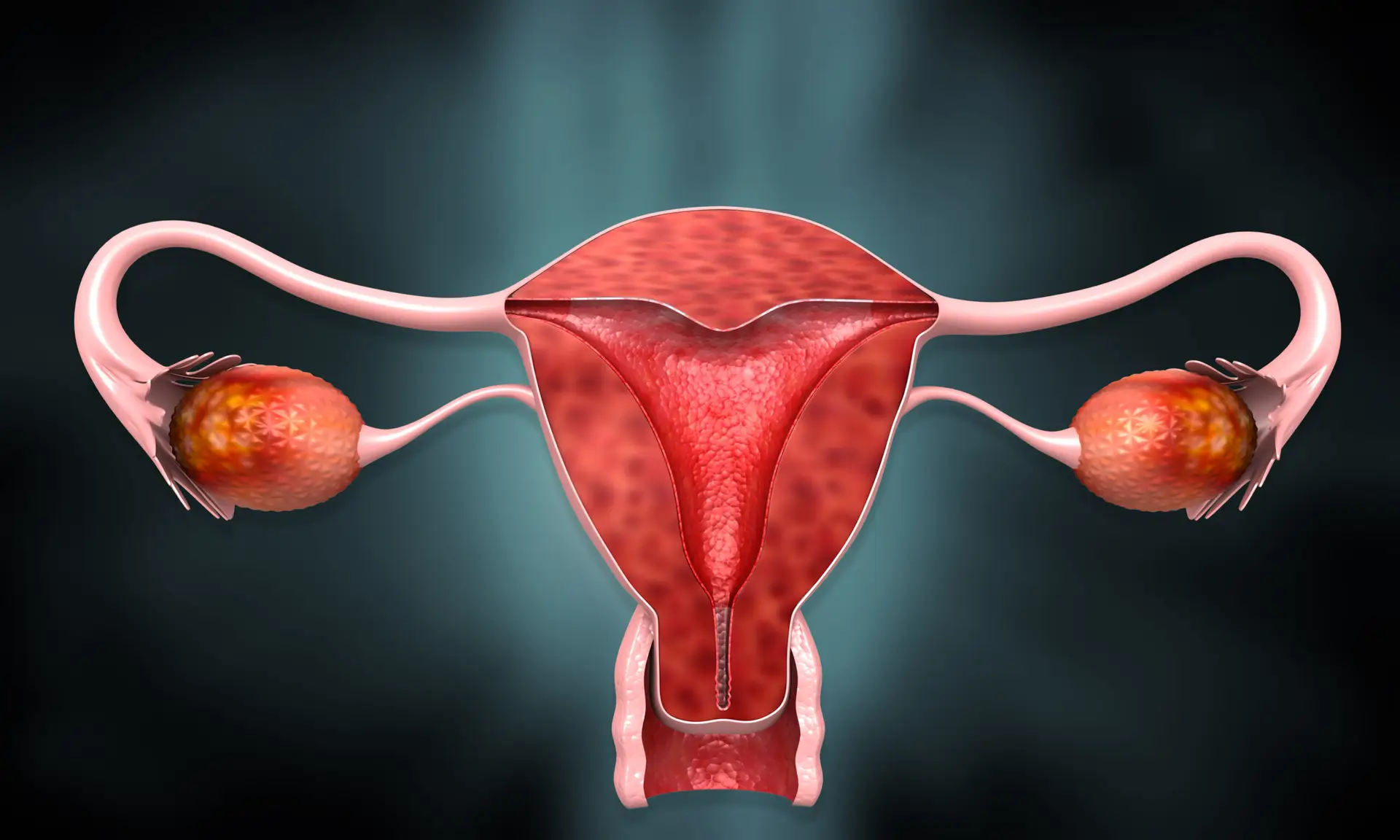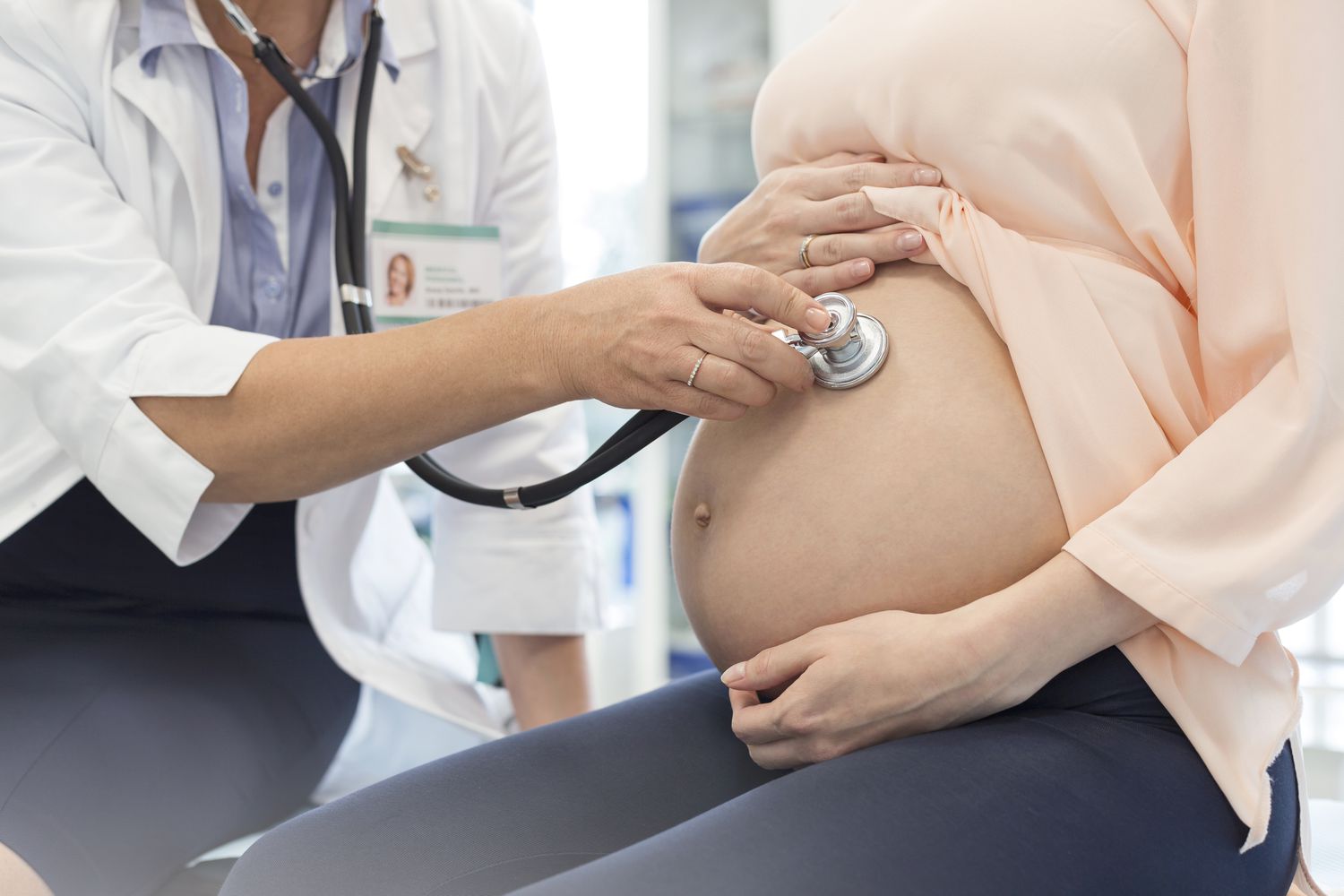A woman’s health needs evolve continuously—from adolescence to motherhood and beyond menopause. Each stage brings unique physical, emotional, and hormonal changes that require expert medical care, empathy, and guidance. Choosing the best gynecologist doctor in Faridabad ensures that women receive comprehensive, personalized care throughout every phase of life.
With a patient-centric approach and years of experience, Dr. Shweta Mendiratta is recognized for providing holistic gynecological care tailored to women of all ages.
Gynecological Care During Adolescence
Adolescence is often the first time girls experience changes in their reproductive health. This phase sets the foundation for lifelong gynecological well-being.
Common Adolescent Concerns
-
Irregular or painful periods
-
Heavy menstrual bleeding
-
Hormonal changes and acne
-
Education on menstrual hygiene
Early gynecological consultations help address concerns sensitively and promote healthy habits from the start.
Reproductive Years: Managing Menstrual & Hormonal Health
During the reproductive years, women often face menstrual irregularities, hormonal imbalances, and fertility-related concerns.
Common Issues in Reproductive Age
-
PCOS and hormonal disorders
-
Irregular menstrual cycles
-
Pelvic pain and infections
-
Family planning and contraception
The best gynecologist doctor in Faridabad focuses on accurate diagnosis, preventive care, and long-term health outcomes.
Preconception & Fertility Care
Planning a pregnancy requires medical preparation to ensure optimal maternal and fetal health.
Preconception Care Includes
-
Health assessment and medical history review
-
Nutritional guidance and supplements
-
Managing chronic conditions
-
Fertility evaluation if needed
Timely preconception counseling increases the chances of a healthy pregnancy and smooth delivery.
Pregnancy Care: From Conception to Safe Delivery
Pregnancy is a transformative journey that requires continuous medical monitoring and emotional support.
Comprehensive Pregnancy Care Covers
-
Antenatal check-ups and screenings
-
Ultrasound monitoring
-
Nutritional and lifestyle guidance
-
High-risk pregnancy management if required
With expert pregnancy care in Faridabad, women feel confident and supported throughout their maternity journey.
Labor, Delivery & Postnatal Care
Safe delivery and postnatal recovery are just as important as prenatal care.
Delivery & Postnatal Services
-
Support for normal delivery
-
C-section when medically indicated
-
Postpartum recovery and breastfeeding guidance
-
Emotional and mental health support
Holistic postnatal care ensures both mother and newborn thrive.
Gynecological Care in the 30s & 40s
As women age, hormonal fluctuations and lifestyle changes may lead to new health concerns.
Common Midlife Concerns
-
Heavy or irregular periods
-
Uterine fibroids
-
Endometriosis
-
Perimenopausal symptoms
Regular gynecological check-ups help manage symptoms and detect issues early.
Menopause & Post-Menopausal Care
Menopause marks a significant transition in a woman’s life. Proper care during this stage improves quality of life and long-term health.
Menopause Care Focuses On
-
Managing hot flashes and mood changes
-
Bone health and osteoporosis prevention
-
Urinary and vaginal health
-
Hormonal balance and overall wellness
A trusted gynecologist provides individualized menopause management plans.
Preventive Gynecological Care & Screenings
Preventive care is essential at every stage of life.
Key Preventive Services
-
Pap smears and cervical cancer screening
-
Breast health examinations
-
HPV vaccination guidance
-
Routine pelvic exams
Early detection saves lives and ensures peace of mind.
Why Choose the Best Gynecologist Doctor in Faridabad?
Choosing the right gynecologist is about trust, expertise, and long-term partnership.
Benefits of Expert Gynecological Care
-
Personalized treatment plans
-
Ethical, evidence-based medical advice
-
Comfortable and confidential consultations
-
Focus on overall women’s wellness
Dr. Shweta Mendiratta is known for her compassionate approach and commitment to women’s health at every stage.
When Should You Visit a Gynecologist?
Consult a gynecologist if you experience:
-
Irregular or painful periods
-
Pelvic pain or abnormal discharge
-
Difficulty conceiving
-
Pregnancy-related concerns
-
Menopausal symptoms affecting daily life
Early consultation leads to better outcomes.
Conclusion
A woman’s healthcare journey is lifelong and ever-evolving. From adolescence to menopause, expert gynecological care ensures physical health, emotional well-being, and confidence at every stage. Choosing the best gynecologist doctor in Faridabad means choosing compassionate, comprehensive, and personalized care.
With her extensive experience and patient-first philosophy, Dr. Shweta Mendiratta continues to support women through every milestone of their lives.











